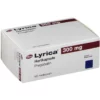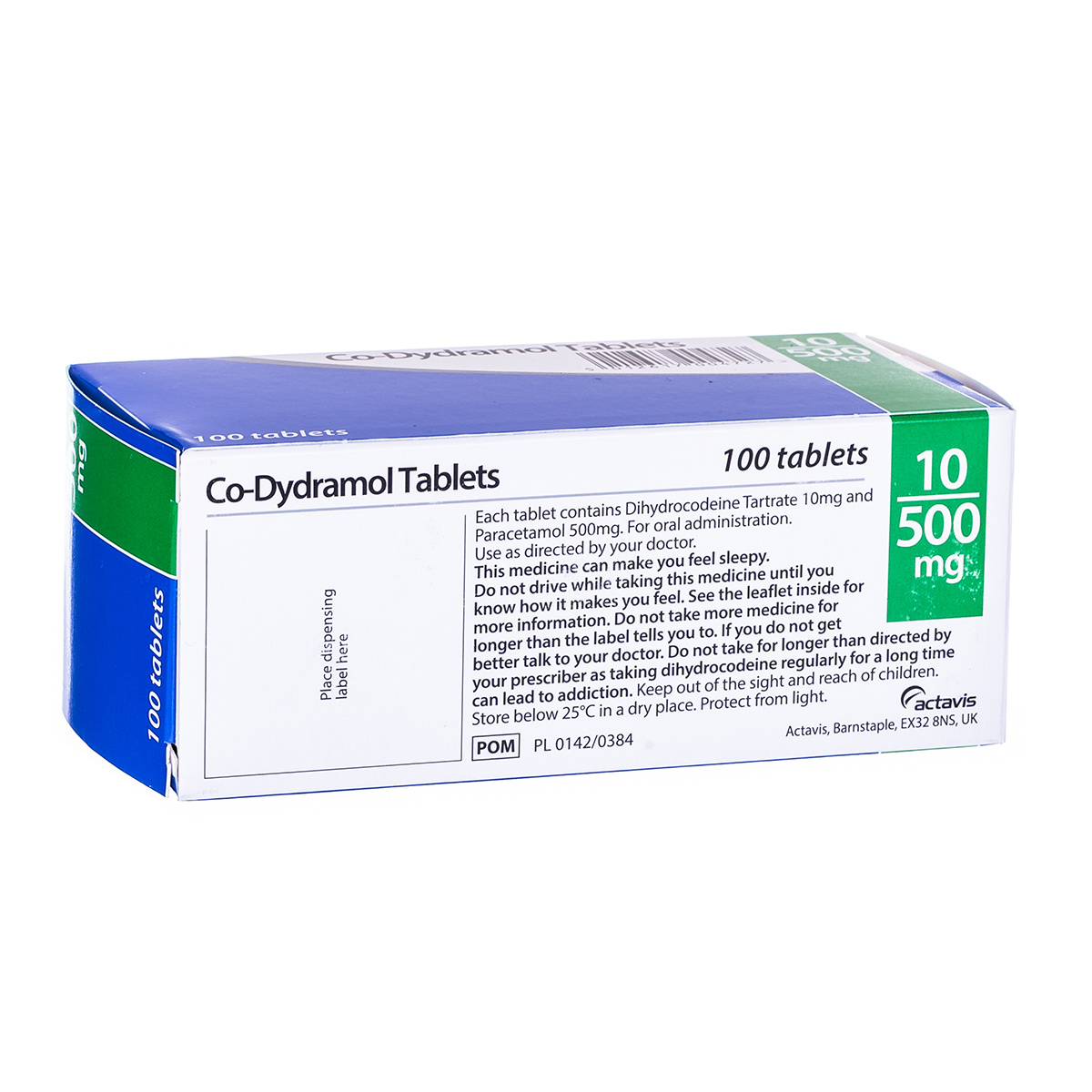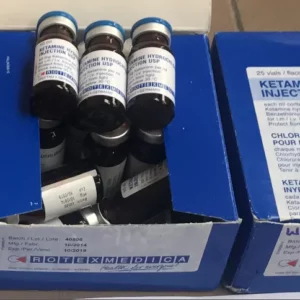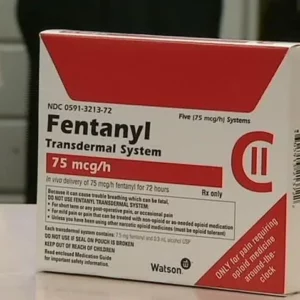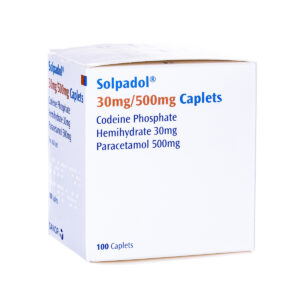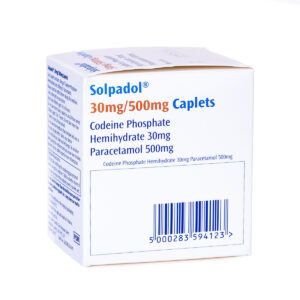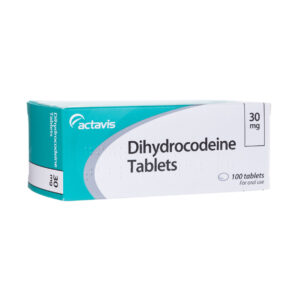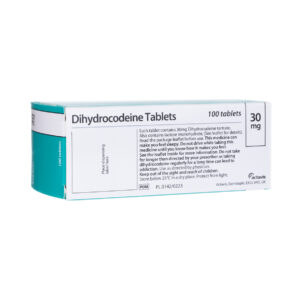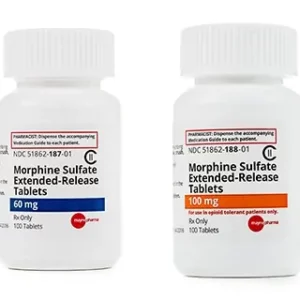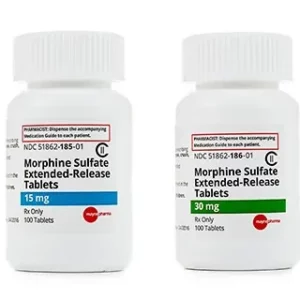Co-dydramol
£110.00 – £690.00
Co-dydramol contains two different types of pain relief medication: paracetamol and dihydrocodeine. It is prescribed for moderate to severe pain, and when one type of pain relief alone has not full alleviated the discomfort.
- Contains paracetamol and dihydrocodeine
- Effective pain medication
- Used for mild to moderate pain
- Genuine medication
- All drugs sourced in the UK
Co-dydramol
Co-dydramol is a form of opioid pain relief. Opioids work by blocking the pain signals before they can reach the brain. Opioids are therefore an effective form of pain relief as your sensation of pain is reduced or eliminated.
Paracetamol has been used for many years, but its mechanism of action is still poorly understood. It is thought that it blocks the chemical messengers of pain, minimising the way that we experience the pain. Taking two different forms of pain relief can be an effective way of managing pain. Taking co-dydramol means you can conveniently minimise the number of tablets you need to take to ensure adequate pain relief.
The usual dose of co-dydramol is one or two tablets of any strength every four to six hours. No more than eight tablets should be taken in a 24 hour period. It is common for two tablets to be taken at a time. This equals a dose of 1000mg (1 gram) of paracetamol, which is the maximum recommended amount of paracetamol per dose. You must therefore not take any other paracetamol containing medications whilst taking co-dydramol.
Co-dydramol can become additive when taken long term. Over a long period, some people can become dependent on opioid medications or experience symptoms of withdrawal when stopping them. Your prescriber will talk to you about your likely course of treatment and when you can expect to stop taking co-dydramol to avoid dependence.
Side Effects?
Like all medications, co-dydramol can have some side effects. The most common side effects include:
- Nausea or vomiting (feeling sick or being sick)
- Constipation
- Feeling sleepy
- Headaches.
These side effects are likely to settle down, but if they persist or are troublesome you should speak to your doctor.
Rarely, some people experience a more severe side effect when taking co-dydramol. These rare side effects include:
- Trouble passing urine (peeing)
- Dizziness
- Skin rashes and itching
- Changes to vision.
If any of these side effects occur, you should speak to a doctor straight away.
If you have a severe allergic reaction (anaphylaxis) including breathlessness, lip or tongue swelling, call 999 immediately.
| Strength | 7.46/500 mg, 10/500 mg, 20/500 mg, 30/500 mg |
|---|---|
| Tabs | 100 Tabs, 200 Tabs, 300 Tabs, 400 Tabs, 500 Tabs, 1000 Tabs Wholesale Price |
Related products
Pain Relief
Opioid
Opioid
Opioid
Pain Relief
Pain Relief
Opioid
Pain Relief

